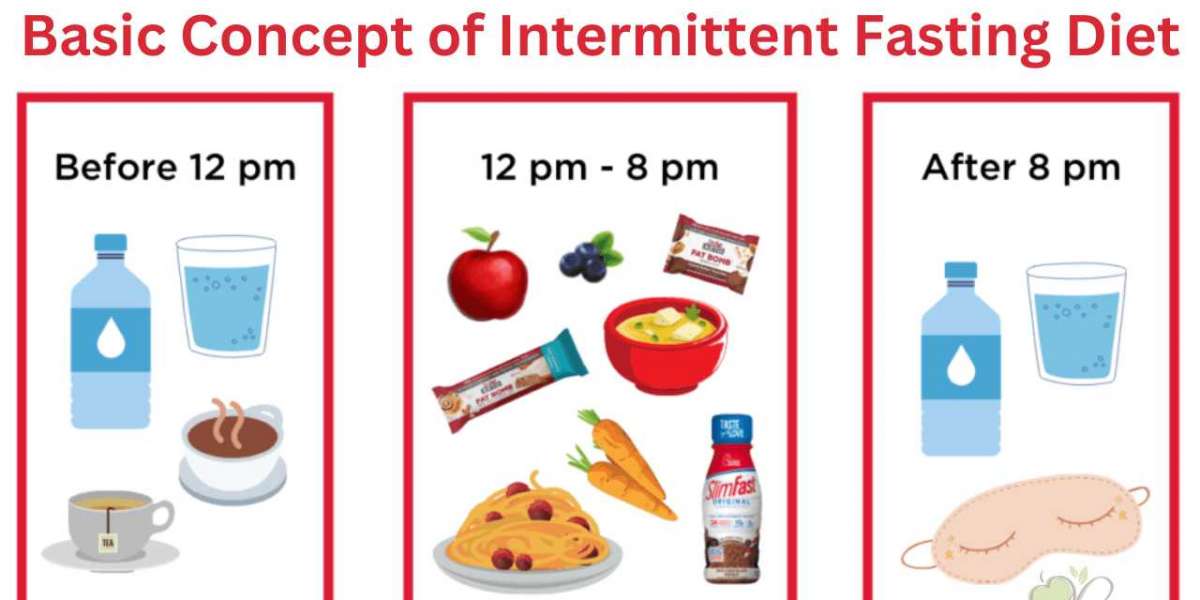This Intermittent Fasting Diet Plan Indian involves alternating periods of eating and fasting, which can help individuals achieve their health and fitness goals while still enjoying traditional Indian cuisine.
Morning Routine:
To kickstart your day, it's essential to hydrate and provide your body with essential nutrients. Begin your morning with a glass of warm water infused with lemon and a pinch of honey. This will aid in digestion and boost your metabolism. It's crucial to stay hydrated throughout your fasting window, so continue to drink water, herbal teas, or black coffee without sugar.
Fasting Period:
The fasting period in intermittent fasting typically lasts for 16 hours. For those following the 16/8 method, this means you fast for 16 hours and eat during an 8-hour window. Adjust your fasting window to suit your schedule; however, a common approach is to begin fasting from 8 PM to 12 PM the next day.
Breaking the Fast:
At noon, when you break your fast, start with a light and nutritious meal. An excellent choice is a bowl of yogurt (curd) with fresh fruits and a drizzle of honey. This combination provides probiotics, vitamins, and fiber while being easy on your stomach.
Lunch:
For your main meal of the day, which is around 2 PM, opt for a balanced plate of Indian cuisine. A portion of brown rice or quinoa paired with dal (lentils), vegetables, and a side of yogurt or raita is an excellent choice. The combination of protein, fiber, and healthy carbohydrates will keep you satiated and energized.
Snack Time:
Around 4 PM, have a small snack to keep your energy levels up until dinner. A handful of nuts, like almonds or walnuts, along with a cup of green tea, is a nutritious choice. Nuts provide healthy fats and protein, while green tea is packed with antioxidants.
Dinner:
For your last meal of the day, which should be around 7 PM, focus on a light and easily digestible dinner. A bowl of vegetable soup or a vegetable stir-fry with a small portion of whole wheat roti or brown rice is ideal. Avoid heavy and greasy dishes, as they can disrupt your sleep and digestion.
Bedtime Routine:
Before going to bed, consider having a cup of herbal tea, such as chamomile or peppermint, to help relax your body and improve sleep quality. Avoid heavy meals or snacks close to bedtime to ensure a restful night's sleep.
Additional Tips:
Hydration: Stay well-hydrated throughout the fasting period by consuming water, herbal teas, or black coffee without sugar.
Portion Control: Be mindful of portion sizes to avoid overeating during your eating window.
Balanced Nutrition: Aim to include a variety of foods in your diet to ensure you get a wide range of nutrients.
Customization: Adjust your fasting window and meal timing to fit your schedule and personal preferences.
Exercise: Incorporate regular physical activity into your routine to enhance the benefits of intermittent fasting.
Consult a Professional: If you have underlying health conditions or specific dietary needs, consult a healthcare professional or a registered dietitian before starting any fasting regimen.
In conclusion, Intermittent Fasting Diet Plan Indian can be adapted to the Indian diet with some thoughtful meal planning and timing adjustments. It allows individuals to enjoy the rich flavors of Indian cuisine while reaping the potential health benefits associated with this dietary approach. Remember that consistency and balance are key to a successful intermittent fasting journey, and it's essential to listen to your body's cues throughout the process.








